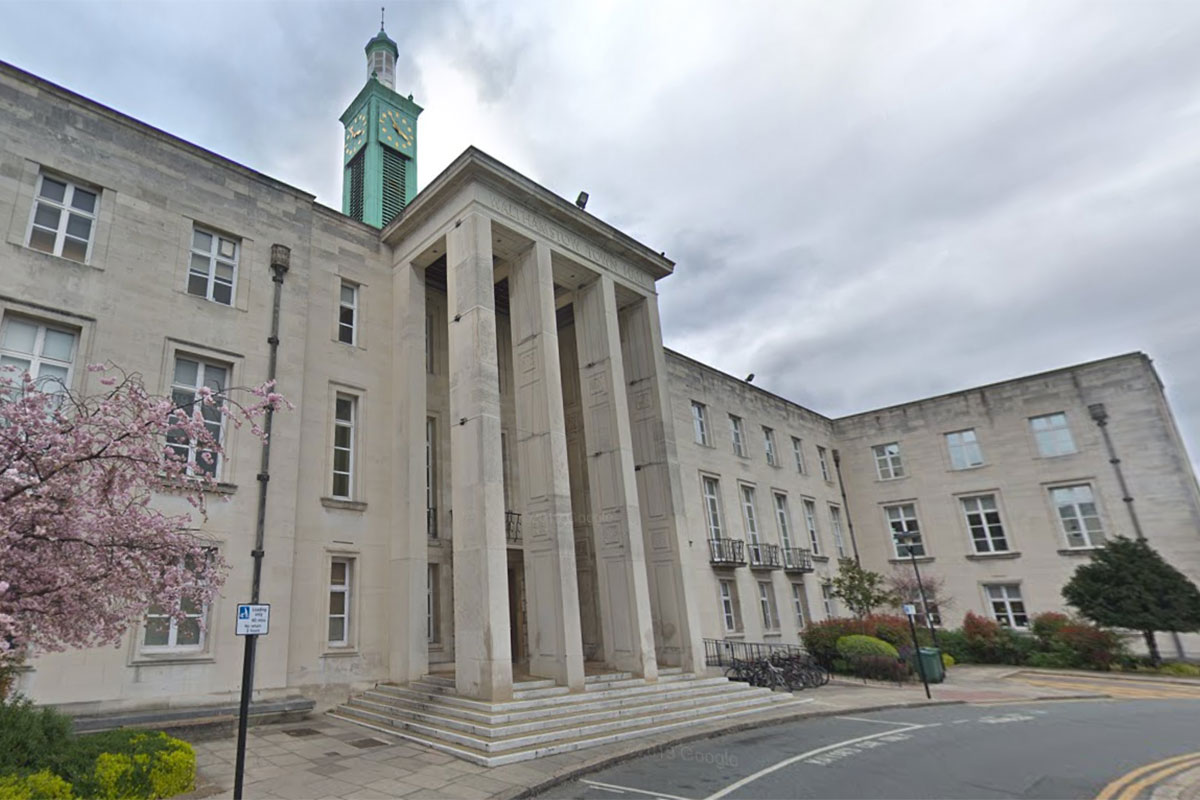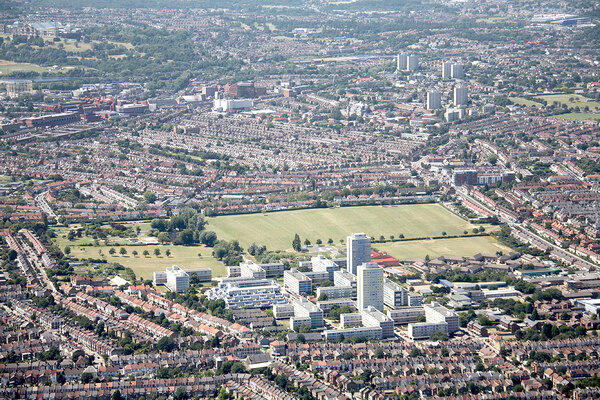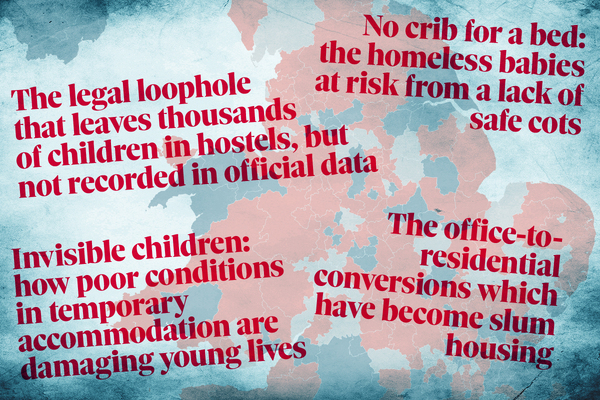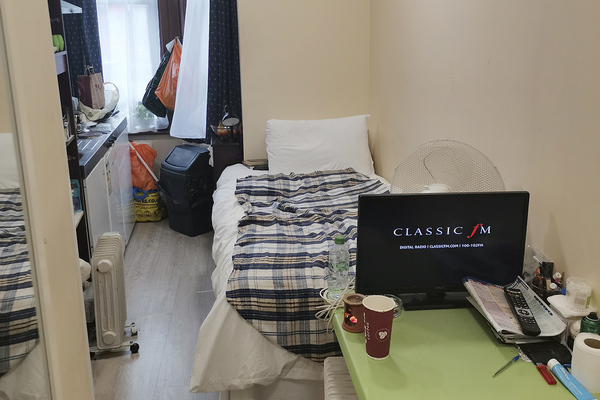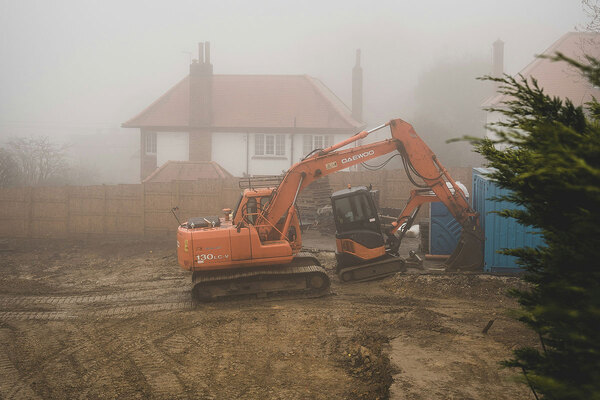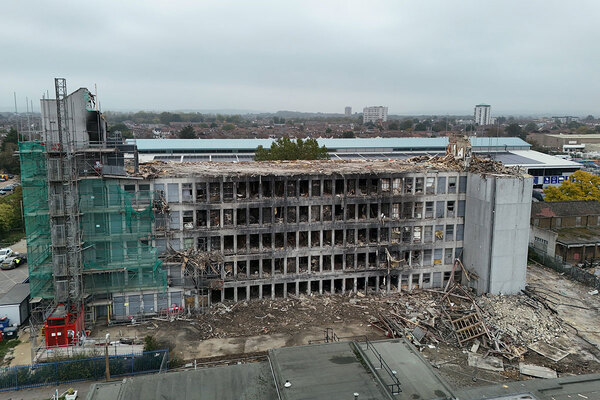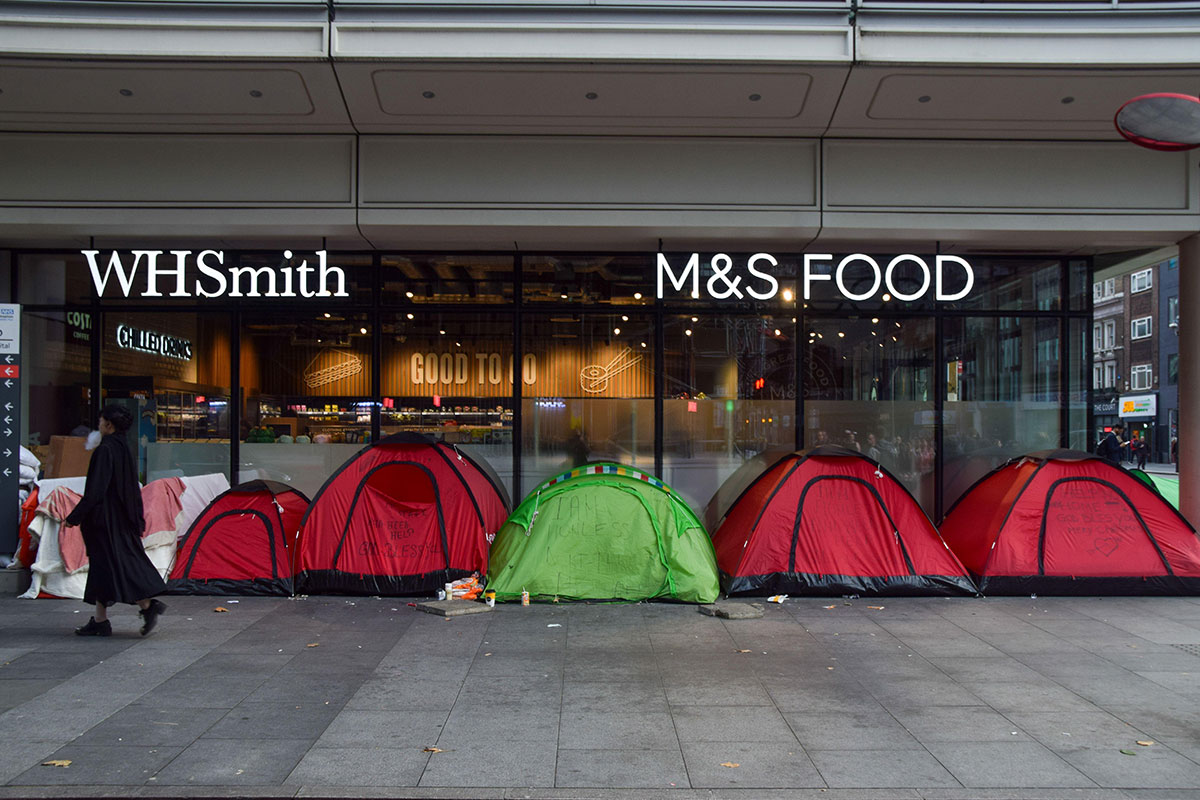You are viewing 1 of your 1 free articles
Council to agree deal with Mears to procure 400 homes for households in temporary accommodation
A London council is set to enter a joint venture with Mears to procure 400 homes to provide settled accommodation for homeless households living in temporary accommodation.
The deal between Waltham Forest Council and the housing management firm will see properties procured inside and outside the borough to “provide long-term good-quality homes, let on assured shorthold tenancies, to discharge the council’s homelessness duties, and move households on from temporary accommodation”.
According to a new council report, set to go before cabinet on 4 June, the joint venture was initially approved by the local authority in 2022, but was suspended due to “adverse market conditions”.
However, it is back on the table “given the high level of homelessness” and the subsequent “need for the council to continue to acquire shared and self-contained temporary accommodation to meet the needs of homeless households in the borough”.
The 2022 approval was contingent on legal agreements being finalised by 31 March 2023.
The report said: “If this deadline was not achieved, operationalisation of the second JV was to be suspended.
“Due to ongoing adverse market conditions, a viable financial model could not be agreed with Mears by the deadline date, and the second JV was suspended.
“However, because of continuing increases in temporary accommodation costs and in view of recent increases in Local Housing Allowance (LHA) rates, the council has re-engaged with Mears to review the financial model.
“A viable proposal has been developed that responds to the need for more affordable homes, and delivers revenue savings for the council.”
As the deal was suspended, cabinet must vote on it again.
The report highlights a “significant shortage of available social housing and affordable private rented sector properties for residents” in Waltham Forest.
“This has coincided with an increase in homelessness and demand for temporary accommodation and settled accommodation.
“The reduction in the supply of private rented sector (PRS) accommodation available for temporary accommodation has forced the council to use B&B and hotel accommodation for the provision of temporary accommodation, thereby increasing the weekly costs of each temporary accommodation placement,” it said.
Councils in England are expected to spend more than £2bn on temporary accommodation this year.
Since September 2022, the council’s net costs of providing temporary accommodation have increased by 35% from an average of £85 per week per property to £131 per week per property.
The number of households living in temporary accommodation has increased from 831 in June 2022 to 891 in May 2023, an increase of 7%.
The report said: “The council has done well to keep the number of households in temporary accommodation low.
“Data shows households living in temporary accommodation to be significantly higher in the neighbouring boroughs of Haringey (2,553), Newham (5,928), Enfield (3,098) and Redbridge (3,006).
“September 2023 saw the launch of a housing sustainment team as part of the Families in Housing Need Programme.
“Although in its infancy it is hoped that early intervention and support provided to residents living in the private rented sector will support the council’s ongoing efforts to upstream efforts to prevent homelessness wherever possible.”
Earlier this month, Inside Housing’s new data tracker revealed that more than 35,000 families with toddlers and babies live in temporary accommodation.
Sign up for our Council Focus newsletter
Already have an account? Click here to manage your newsletters
